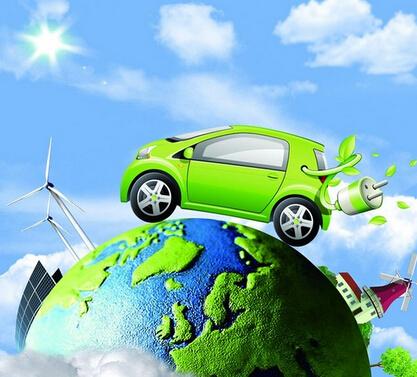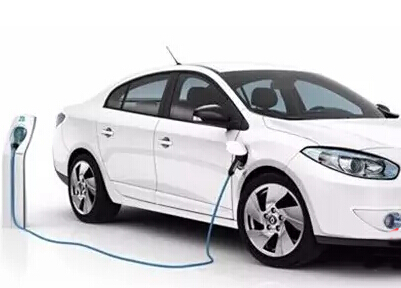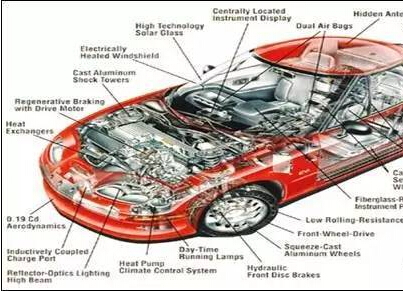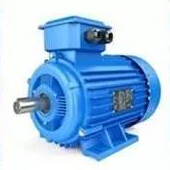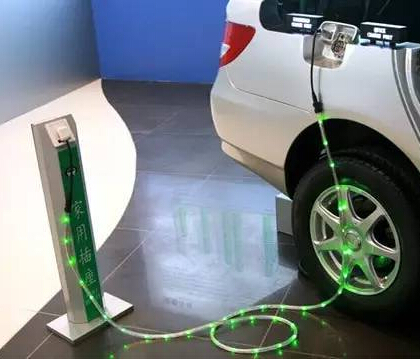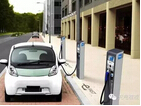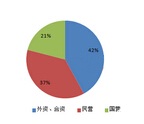"Hydrogen fuel cell vehicle hydrogenation time 3-5 minutes, driving range of 800 kilometers, minus 30 °C can be started smoothly, suitable for use in cold areas, all aspects of performance exceeds the traditional internal combustion engine car." At the China Zhangjiakou Hydrogen and Renewable Energy Forum, Park Sung-cheol, senior manager of Hyundai Motor (China) Investment Co., Ltd. said.
"In the long run, hydrogen fuel is the ultimate solution for automotive energy." Chen Qingtai, chairman of the China Electric Vehicle 100-member Association, believes that hydrogen energy is a universal energy carrier. Hydrogen fuel cells are developed by hydrogen energy. A key to promoting applications. At present, China's hydrogen fuel cell vehicle as a breakthrough is an important choice.
Hydrogen energy and fuel cells can realize large-scale stable storage, transportation and application of clean energy. The market prospect is very broad and is an important direction of the global energy technology revolution. Luo Junjie, deputy director of the Equipment Industry Department of the Ministry of Industry and Information Technology, said that in addition to being clean and efficient, hydrogen fuel cell vehicles also have a series of characteristics such as long driving range, short hydrogenation time and good low temperature performance. They are high-quality and sustainable development of the automotive industry. One of the important solutions.
1 million hydrogen fuel cell vehicle targets
As an important technological path for global energy sustainable development and strategic transformation, hydrogen energy has become a hot spot in the global energy and transportation sector. From an international perspective, the United Kingdom, Germany, France, the Netherlands, Japan and other countries are vigorously launching fuel cell vehicles and increasing the construction of hydrogen refueling stations. China is also vigorously promoting the development of the green environmental protection industry for hydrogen fuel cell vehicles.
From the domestic and international situation, the hydrogen energy industry chain presents a general trend of coordinated development, opening, integration and innovation of upstream and downstream. Huang Wensheng, vice president of Sinopec Group, said that hydrogen energy is not only an industry, but also a business that requires long-term and intensive investment in capital and technology.
It is understood that in the subsidy policy, fuel cell vehicles are the only models of new energy vehicles that enjoy preferential subsidies for subsidies that will not be degraded by 2020. Luo Junjie said that under the policy support, the number of fuel cell vehicles that have been widely promoted and applied in China has reached more than 2,000, and 12 power stations have been put into operation. They have also launched small projects in Shanghai Anting, Beijing Yongfeng, and Foshan, Guangdong. Demonstration application of scale.
Hydrogen can be used as a clean fuel for fuel cell vehicles to help people achieve true zero-emissions. According to Tang Haifeng, vice president of Great Wall Motor, according to the development goal of China's hydrogen fuel cell vehicle policy, the number of hydrogen refueling stations will exceed 1,000 by 2030, and the cost of hydrogen fuel vehicles will be basically the same as that of the current traditional fuel vehicles.
The "13th Five-Year Plan for the Development of Strategic Emerging Industries" proposes to systematically promote the research and development and industrialization of fuel cell vehicles, and realize the mass production and scale demonstration of fuel cell vehicles by 2020. The "Technology Roadmap for Energy Saving and New Energy Vehicles" clearly states that in 2020, 2025 and 2030, the development targets of China's fuel cell vehicles are 10,000, 100,000 and 1 million respectively.
Fuel cell vehicles are more adaptable to low temperature environments
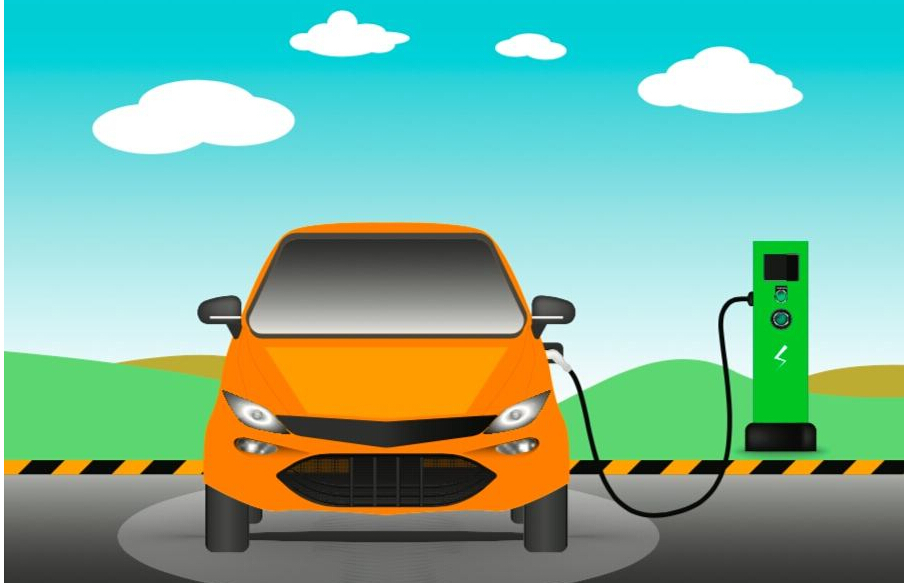
Compared with pure electric vehicles, fuel cell vehicles are more suitable for low temperature cities in the north. Ouyang Minggao, executive vice president of the China Electric Vehicle 100-member Association and academician of the Chinese Academy of Sciences, said: "In the low-temperature environment, the battery will greatly reduce the driving range due to polarization, and there is heating problem, and the fuel cell is easier to implement. Pure electric is relatively difficult."
The environmental adaptability experiment conducted by Li Feiqiang, deputy director of the National Electric Bus Electronic Control and Safety Engineering Technology Research Center, shows that Yutong Bus uses Yihuatong's fuel cell system to freeze in the environment of minus 30 °C for 20 hours. Normal operation starts normally within 15 minutes, so the fuel cell bus can fully meet the needs of running in low temperature environment in winter.
Hydrogen fuel cells and lithium battery vehicles will coexist for a long time
Although hydrogen fuel cells are considered to be the ultimate automotive energy solution, Chen Qingtai believes that hydrogen fuel cell vehicles and energy storage battery vehicles are not an alternative relationship in a short period of time. Applied in different scenarios, so in the future, the two will be coexisting development.
Luo Junjie also held a similar view. "In the future, the energy main structure characterized by distributed and zero emissions, hydrogen fuel cell vehicles will coexist and complement the pure electric vehicles for a long time to meet the needs of transportation and people's travel. ”
Hydrogen fuel cell vehicles and pure electric vehicles using lithium batteries are important technical routes for new energy vehicles. Luo Junjie said that from the perspective of technical characteristics and development trends, pure electric vehicles are more suitable for urban, short-haul, passenger vehicles and other fields. Hydrogen fuel cell vehicles may be more suitable for long-distance, large-scale, commercial vehicles and other fields.
The key technology of fuel cells has yet to be broken
Although the market prospect of hydrogen fuel cell vehicles is very broad, there are still many technical obstacles to be solved in China to achieve large-scale market promotion.
At present, China has basically established a technology platform for fuel cell cars and fuel cell city bus power systems with independent intellectual property rights. According to Zhu Cheng, director of the New Energy Vehicle Technology Service Center of the Beijing Automotive Industry Research Center of China Automotive Technology Research Center, it is related to foreign technology. Compared with China, there are still relatively large gaps in the key basic materials of fuel cells, including components, the entire high-end integration, battery life, cost, and batch preparation capabilities.
"The core of fuel cell vehicles is the fuel cell engine, which is the stack system. The fuel cell electric system in our country has a big gap with the foreign countries in terms of reliability, durability and operational efficiency." Zhu Cheng said.
In terms of fuel cell systems, the level of China's power reactors is still not world class. The deputy director of the Department of High-tech Development and Industrialization of the Ministry of Science and Technology continued to say that proton exchange membranes, high-pressure gas cylinders and air compressors are still relatively backward and need to be imported. In addition, the construction of hydrogenation infrastructure is still insufficient, which restricts the demonstration and verification of fuel cell vehicles.
















 RCCN WeChat QrCode
RCCN WeChat QrCode Mobile WebSite
Mobile WebSite